Jump starting the economy
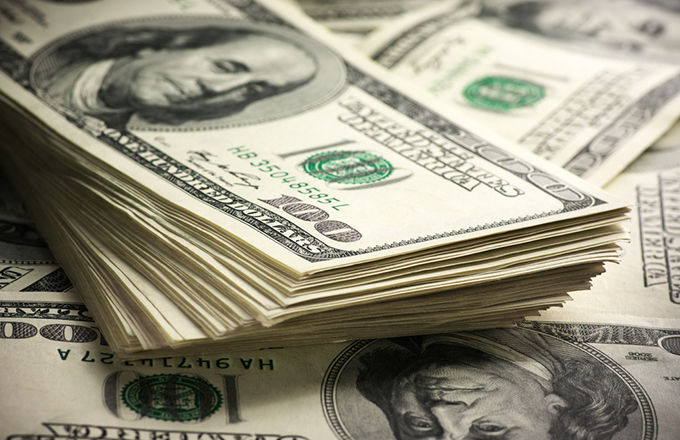
Edward Ingram
SOME money is cash but mostly it is just a number on an electronic bank account. It is just a number on some kind of spread sheet.
Its principal function is for counting who owes what to whom. If money cannot move, or if there is not enough of it, there is no significant economy.
People stand idle, waiting for money. The number itself has no value. The spreadsheet is something to count with, to add and subtract other numbers with.
Changing the number has no cost — a few taps on a keyboard.
Yet for nations to trade there must be enough money in the community of nations — just like there must be enough money within the community of a nation so that people and nations can trade.
Zimbabwe is chronically short of money — both its internal currency and its foreign exchange reserves are far too low in quantity. Both are scarce. The foreign money is created by our trading partners. It costs nothing to create that electronic money. Mostly, the forex is not spent here in Zimbabwe. It is earned when we export, and it is spent when we import.
If our trading partners were to change the numbers on our various foreign trading and foreign reserve accounts, we would be able to import all the goods and services, which we need in order to get our side of the two trading economies moving.
Soon we would have a thriving mining and agricultural industry with all the irrigation equipment we need. The weather could do as it likes as long as we get the rain needed to keep the boreholes running.
Jewel of Africa
Before very long we will be the breadbasket and the supplier of minerals that we used to be. We would be exporting more than we are importing. The Jewel of Africa will begin to light up again. We are a well-educated nation — the best in Africa, and many expatriates want to return home.
If South Africa, or any other trading partner, changes our forex numbers with a few keystrokes, both nations will be better able to import and export, growing their economies. Then they will both need more money in circulation for the bigger economies both have become.
Our trading partners just need a few keystrokes to create that new money and put it in the accounts of their trading partner, Zimbabwe. So, when we spend it, they will get the extra money needed for their bigger economy, or some or all of it when that money is spent to import their exports.
If they get too much new money that way they can rein back new money creation elsewhere — it’s a problem central banks can handle. Better still, if they create the KFPP model (discussed elsewhere); they will not then have any problem with a little inflation if it happens.
So, at zero cost, Zimbabwe’s economy can be kick-started. Zimbabwe can then create its own cost-free currency, and have everyone currently wasting time seeking money, get back to work. Its value for trading purposes will not plummet. There’s enough forex with which to buy the immediate rush of importswe need to get our future exports and the economy moving.
Inflation safeguard
People are paranoid that the Zimbabwe Government cannot be trusted with its own currency or with money creation. No nation can trust its government on that issue — too many rogue governments have caused high rates of inflation. So, a new constitutional amendment to have the role of capping the rate of new money creation handed to a body elected by the community, can add significant trust in the currency. I know of a firm of lawyers looking at that already. It is better to have another two to pull as a team.
Money is a counting system, not something solid like gold. It is not something to buy or to restrict in quantity so that it becomes scarce. Its value is in its use in lubricating the economy. Deprive any engine of its lubricant and you get nasty results. Deprive one trading partner of money and both partners suffer.
Edward Ingram is a micro-economic design innovator, analyst and author based in Bulawayo. With background in electronic management systems, Ingram is the founder of the Ingram School of Economics.
Feedback on Skype: edwarding2
Email: [email protected]. Website: http://macro-economic-design.blogspot.com.

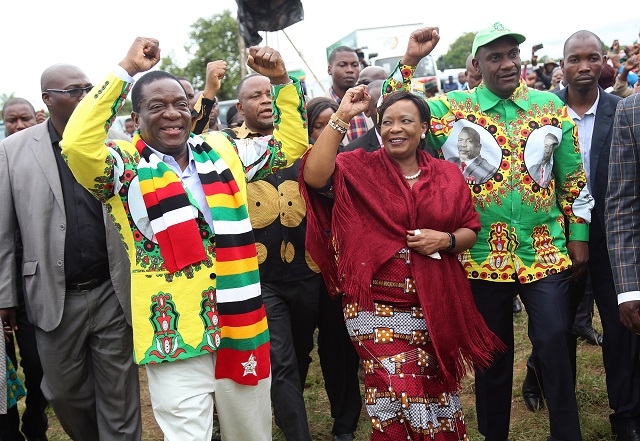

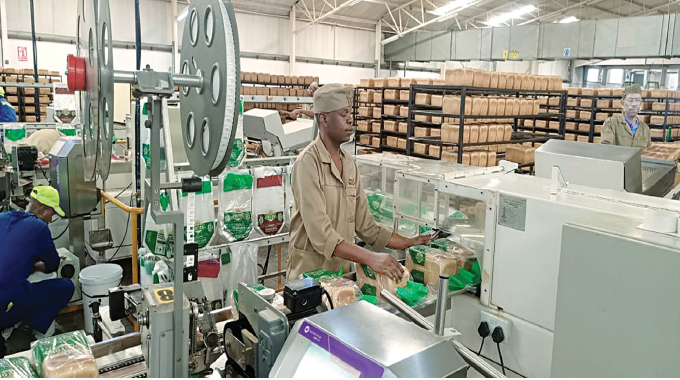
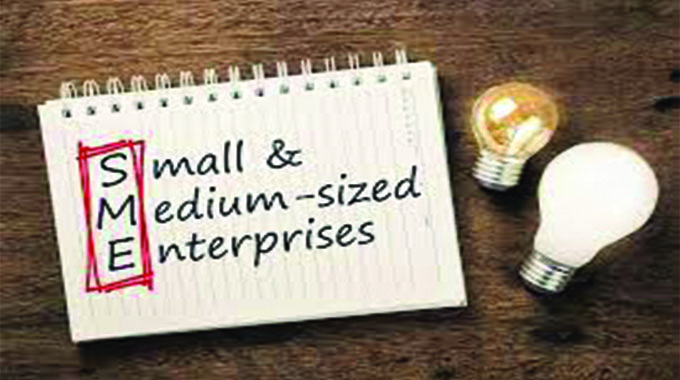
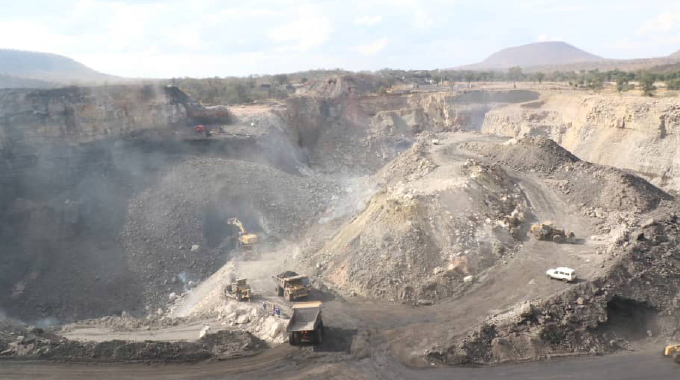





Comments